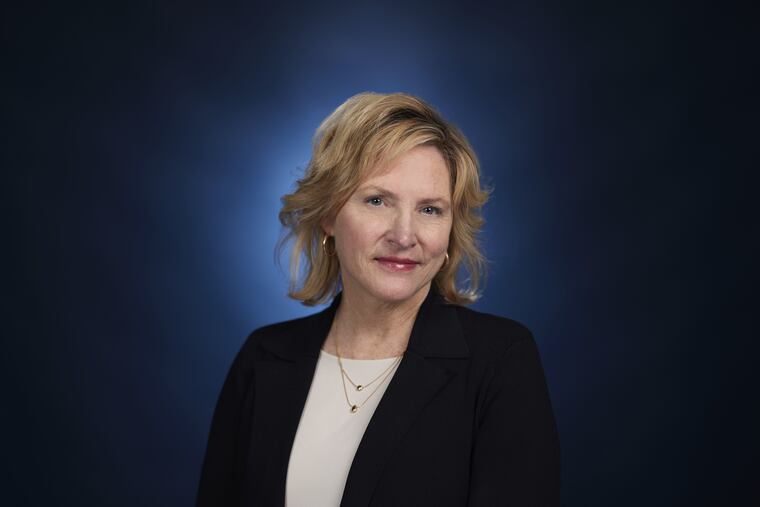New higher education state board begins work amid challenges and scrutiny facing colleges.
Pennsylvania’s newly established board overseeing higher education is set to convene a public hearing in Philadelphia on Thursday, aimed at formulating a strategic plan to enhance the performance and coordination of universities amid significant challenges facing the sector. The meeting reflects a pressing need to address declining enrollment numbers and growing public skepticism regarding the value and affordability of higher education.
Recent statistics reveal that both public and private institutions in Pennsylvania have been grappling with diminishing enrollment, largely due to a predicted drop in high school graduates that is expected to reach 12% by 2037. This downturn poses substantial long-term threats to the state’s educational landscape, as confidence in colleges wanes and concerns regarding student debt escalate.
Additionally, the federal government has increased scrutiny of higher education institutions, a trend that began under the previous administration. Policies implemented during this era affected grant funding and imposed restrictions on diversity and inclusion efforts, further complicating the landscape for colleges operating within Pennsylvania.
Current workforce projections indicate a severe shortage of more than 60,000 individuals in Pennsylvania who possess the necessary postsecondary credentials for critical sectors such as healthcare and education. If unaddressed, this shortfall could exceed 200,000 in the coming eight years, with the most pronounced gaps existing in southeastern Pennsylvania. These findings were underscored by Kate Shaw, executive director of the Pennsylvania State Board of Higher Education, highlighting the urgent need for strategic planning.
The 21-member board, established during the latest state budget cycle, comprises representatives from various sectors, including public and private colleges, labor, business, and student bodies. Since its inception, the board has conducted two public hearings to solicit feedback on its strategic initiatives, with a third hearing scheduled for Thursday at St. Joseph’s University. The board aims to produce a comprehensive plan by September 1.
Shaw emphasized the decentralized nature of Pennsylvania’s higher education system, which has hindered coordinated efforts and a unified vision. The board’s mission is to foster collaboration across the sector and proactively engage stakeholders to identify strategies that will bolster higher education and ensure its alignment with workforce needs.
With a significant number of stakeholders already participating in hearings and surveys, the board has been gathering insights on expanding access to education, improving broadband connectivity in underserved regions, and enhancing communication about educational options and costs. Florida’s higher education landscape is undergoing a profound transformation, necessitating innovative approaches to ensure institutions remain resilient amid shifting demographics and economic pressures.
As Pennsylvania’s higher education system navigates these complexities, effective collaboration among stakeholders will be critical in shaping a more sustainable and responsive educational framework that supports both students and the broader economy. The path forward requires a concerted effort to address the pressing challenges facing higher education in the state, setting a course for a more coordinated and robust approach to postsecondary education in Pennsylvania.
Media News Source







